House Financial Services Committee Investigates Crypto Debanking
The Financial Services Committee has "no patience" on the debanking of legal businesses. AI-enabled AML/CFT programs are presented as the solution to "protect consumers."

- The House Financial Services Committee is investigating the debanking of legal crypto businesses and will continue to do so into the next Congress
- Witnesses note the importance of the alleged consumer protections offered by legislation such as the Bank Secrecy Act, highlighting the alleged benefits of AI-enabled compliance and blockchain-based identity
- AI- and digital identity-enabled anti-money laundering and counter-terrorist financing programs are presented as the solution to protect consumers
In a hearing entitled Innovation Revolution: How Technology is Shaping the Future of Finance, the House Financial Services Committee discussed recent allegations of the coordinated debanking of the crypto industry.
Nathan McCauley of Anchorage Digital testified that Anchorage's banking relationships were severed in 2023, while Danelle Dixon of the Stellar Foundation testified that Stellar had been debanked based on "verbal guidance" issued by the FDIC.
Congressman Hill is concerned that "this is a sign that people perhaps are dodging the FOIA obligations they have in the federal regulatory system," noting that "no one has any patience on that here on either side of the isle – legal businesses in the United States, in this great country, shall have the freedom to bank and have financial services, and this committee is going to take a strong position on that."
Hill stated that the committee will continue to review documents on the debanking of crypto businesses into the next Congress.
Alan Butler of the Electronic Privacy Information Center testified to the need of stronger data protections in the financial services industry.
Butler testified that "new risks have emerged" as consumer fraud, scams, and identity theft are on the rise, forming "one of the largest looming threats for Americans."
Butler testified that "data that's never collected can't be breached," advocating to minimize data collection. According to Butler, "security must become a top priority in finance, as it has become the most breached industry."
However, Butler also testified to the need for the alleged protections financial regulations, such as the Bank Secrecy Act, provide for consumers, stating that:
"In the 1970s, during an earlier era of rapid change in the industry, Congress passed a suite of laws to protect consumers against new risks and established a comprehensive oversight framework."
According to Butler, "those laws continue to address the risks of increasing complexity, velocity, and automation in the field to this day, and without them, consumers would be worse off, and so would the businesses that grew under these regulations."
Congressman Sherman presented cardboard printouts of Tweets made by Donald Trump in 2019, which stated that "we have only one real currency in the USA, " and that "unregulated crypto assets can facilitate unlawful behavior, including drug trade and other illegal activity."
Congressman Williams noted that AI in financial services enhances fraud protection and improves credit scoring through advanced data analysis, noting that Congress must continue to observe developments in the AI industry to understand how it can be used to benefit the financial services industry.
"Decentralized finance with AI driven risk assessment is a really interesting, and I think opportunistic tool that can be leveraged," Dixon testified, naming AI as an important tool to "predict risk in decentralized finance platforms."
Dixon noted that "AI-enabled smart contracts" may help with "automated compliance and fraud prevention", stating that "blockchain-based identity verification with AI" is "huge", because "we get so worried about KYC, we get so worried about making sure that the financial infrastructure is intact, this can actually help us to make sure that the person that's coming before us is the person that's coming before us."
The witnesses statements stand in stark contrast to current discussions on possible constitutional violations of the dragnet financial surveillance enabled by AML/CFT laws, as well as the proven inefficiencies of Bank Secrecy Act protections.
Independent journalism does not finance itself. If you enjoyed this article, please consider donating to our Geyser Fund.





